Animals
-
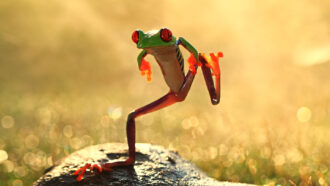 Animals
AnimalsLet’s learn about frogs
Frogs are a fascinating bunch of amphibians. Unfortunately, they’re also dying off in huge numbers.
-
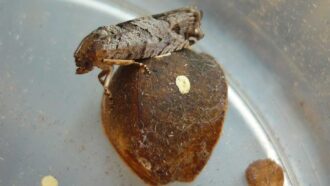 Animals
AnimalsRandom hops always bring jumping beans to shade — eventually
It’s not fast, but jumping beans use randomness to maximize their chances of getting out of the sun’s heat.
-
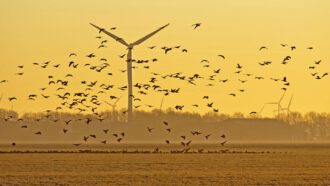 Climate
ClimateHere’s how to increase clean energy without harming wildlife
Wind farms, solar panels and more take up land and may harm wildlife. Researchers are working to resolve this conflict.
-
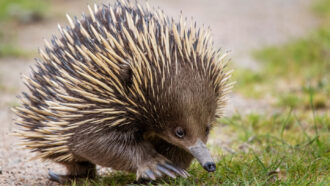 Animals
AnimalsWhen it’s hot, echidnas blow snot bubbles to cool off
These spiky Australian mammals have a trick to moisten their noses, allowing them to survive hot temperatures that should kill them.
By Elise Cutts -
 Animals
AnimalsHow can Baby Yoda be 50 years old?
Animals with wings, big bodies or other protections from predators are more likely to evolve long lifespans.
-
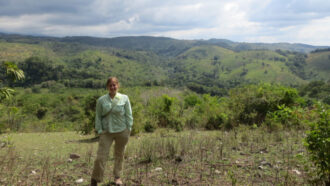 Animals
AnimalsA love of small mammals drives this scientist
Alexis Mychajliw’s science is driven by her love of animals. She now looks to tar pits and fossilized poop to understand ancient ecosystems.
-
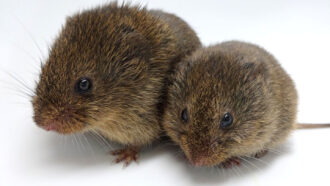 Animals
AnimalsPrairie voles can couple up even without the ‘love hormone’
Scientists thought the chemical oxytocin was required to make prairie voles mate. They were wrong.
-
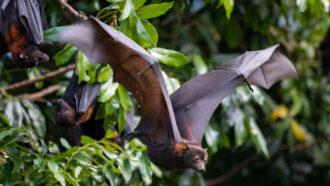 Environment
EnvironmentProtecting forests may help head off future pandemics
Hungry bats are more likely to shed harmful viruses to people or livestock when they spread out to hunt food. Conserving forests may limit this risk.
-
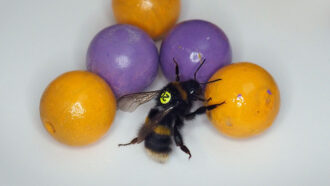 Animals
AnimalsBumblebees go out of their way to play
Young bumblebees roll wooden balls and go out of their way to do so. This suggests they play like other animals do.
-
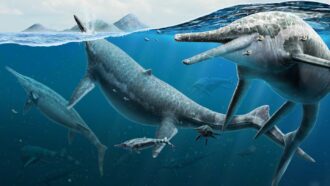 Fossils
FossilsAn ancient ichthyosaur graveyard may have been a breeding ground
Some 230 million years ago, huge dolphin-like reptiles appear to have gathered to breed in safe waters, just as many whales do today.
-
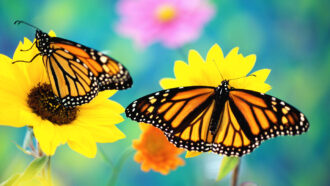 Animals
AnimalsScientists Say: Metamorphosis
Animals that go through metamorphosis look very different as adults than they did as kids.
-
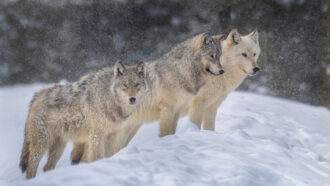 Animals
AnimalsThis parasite makes wolves more likely to become leaders
Gray wolves infected with Toxoplasma gondii make riskier decisions. This makes them more likely to become pack leaders or strike out on their own.
By Jake Buehler